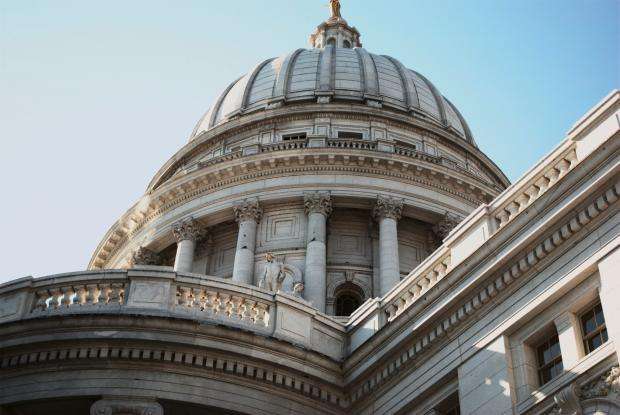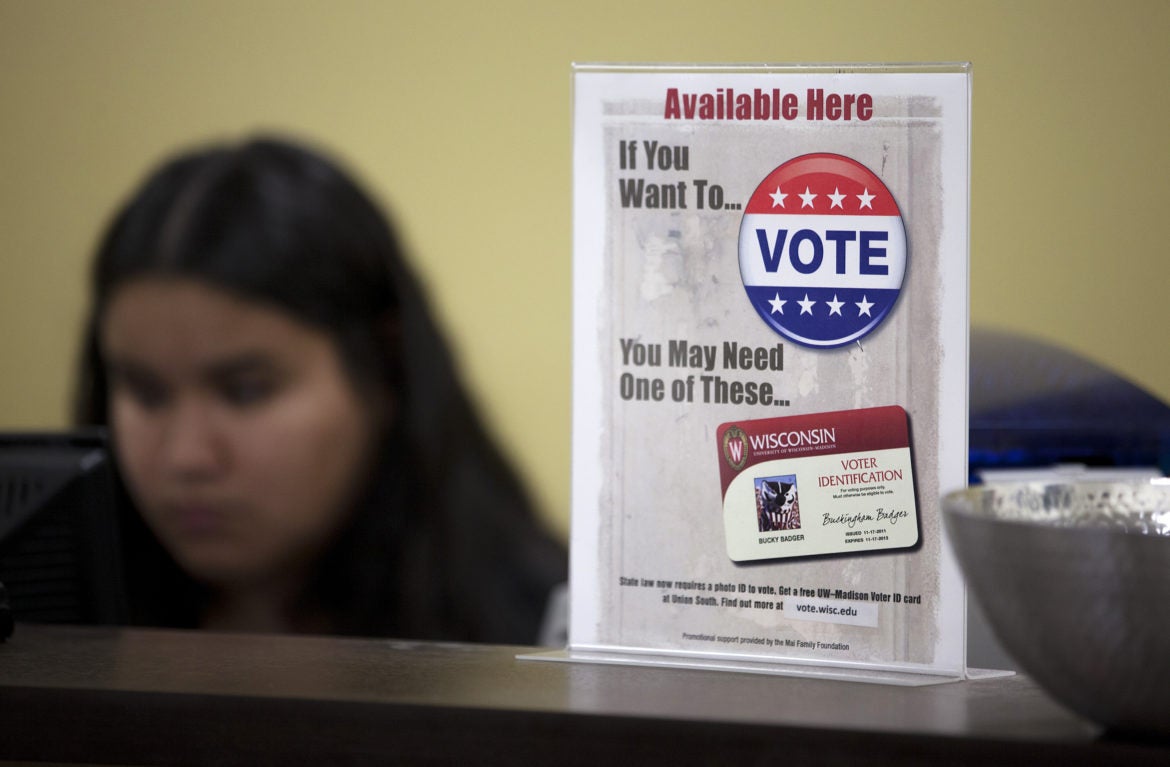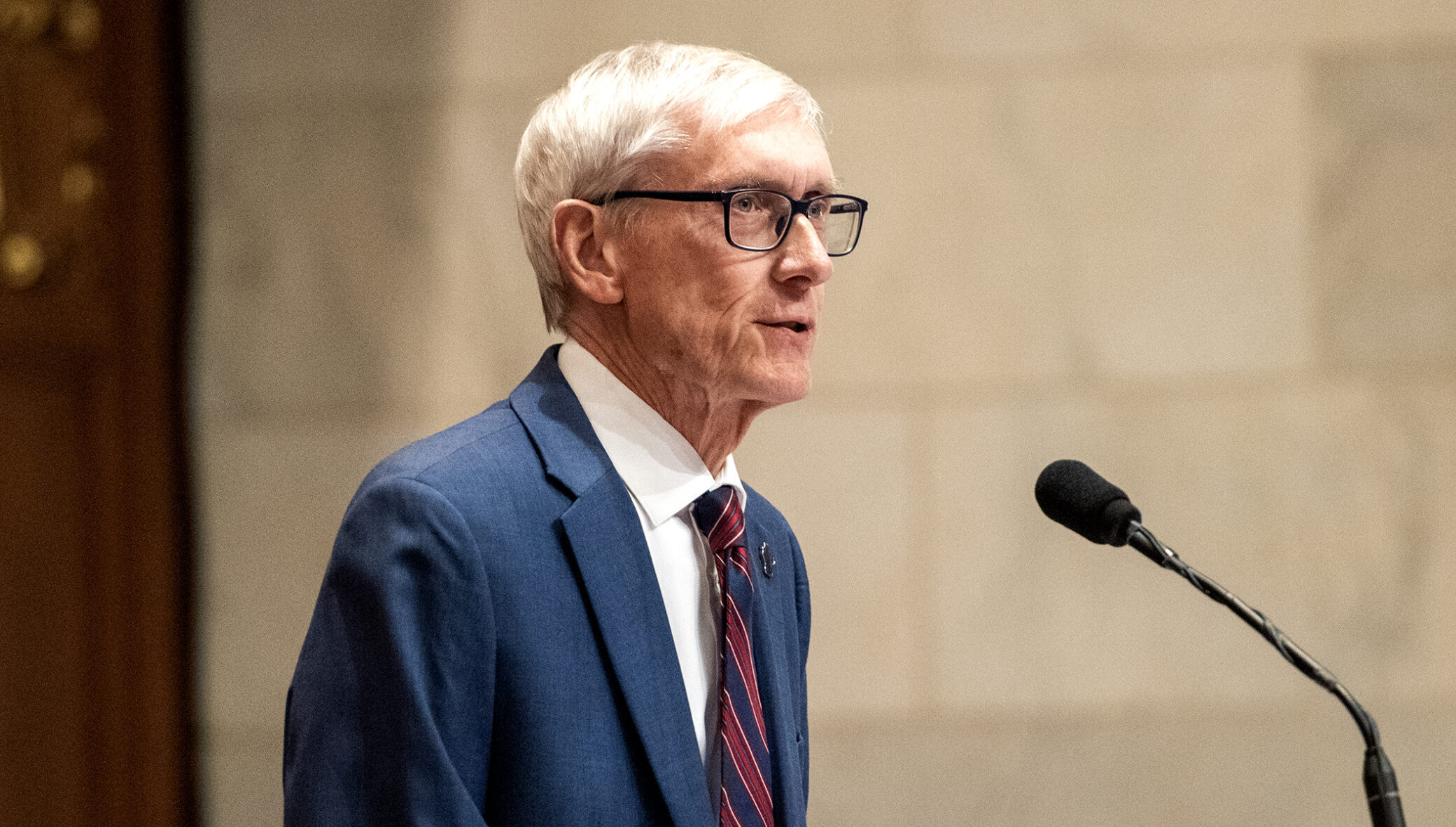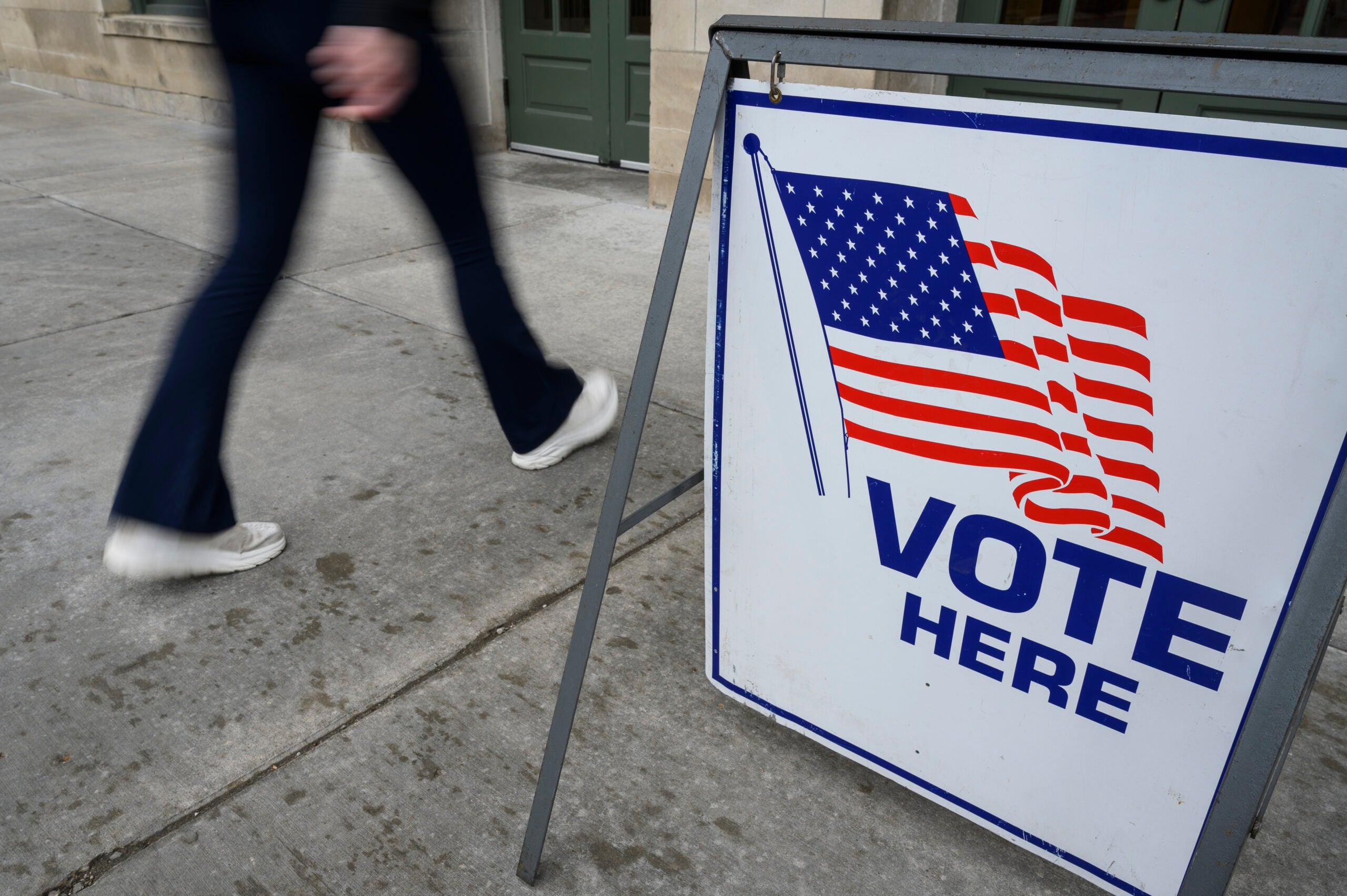State lawmakers will vote next week on a number of Republican-backed proposals, including a plan to limit early voting in Wisconsin.
The so-called “extraordinary session,” approved by legislators on Friday and scheduled to begin Monday, is aimed at passing a number of new laws before Democratic Gov.-elect Tony Evers takes office in January.
One proposal would trim several days off Wisconsin’s early voting window — a move opponents have argued is aimed at suppressing certain voting populations, including students and minorities.
Stay informed on the latest news
Sign up for WPR’s email newsletter.
Analiese Eicher, program director for liberal group One Wisconsin Now, which has successfully sued the state over its voting laws, said she was “shocked but not surprised” GOP lawmakers introduced the plan.
“For them, losing every statewide office on the ballot on Nov. 6 was apparently what they needed to go after our right to vote again,” she said. “This was a midterm election that saw record turnout driven in large part by record early voting and now we’re seeing that they’re potentially trying to change the law to keep people from voting.”
The same bill would also move the date of the 2020 presidential primary from April to March. Democrats have decried that move as a blatant political maneuver aimed at protecting the re-election bid of a conservative-backed state Supreme Court justice.
“It’s now becoming clear how low Republicans are willing to go in this desperate lame duck session,” Assembly Minority Leader Gordon Hintz, D-Oshkosh, tweeted Friday. “Divided government should be a chance for both parties to hit reset. Sad to see this is how Republicans are choosing to start things off.”
Local election officials from across the state have also said they’re concerned about moving the election date, arguing the change would create substantial logistical difficulties.
Other proposals on the calendar for the extraordinary session have been openly discussed at the Capitol in recent weeks. Those include a move to increase lawmakers’ power over the Wisconsin Economic Development Corp., an agency that Evers has said he would like to eliminate entirely.
“WEDC, our economic development agency, must continue to have the ability to help spur job creation and business opportunities without fear of being shut down,” said Assembly Speaker Robin Vos, R-Rochester, and state Senate Majority Leader Scott Fitzgerald, R-Juneau, in a prepared statement on Friday.
The bill up for a vote next week would increase legislative appointments to the WEDC board, thereby limiting the power of gubernatorial appointments.
Another proposal would protect the state’s voter ID law from any future changes by Evers.
“Wisconsin law, written by the legislature and signed into law by a governor, should not be erased by the potential political maneuvering of the executive branch,” Vos and Fitzgerald said in their statement.
Other bills would limit Evers’ power to change state work requirements for food stamps and eliminate his ability to authorize Wisconsin to leave a federal lawsuit against the Affordable Care Act.
Senate Minority Leader Jennifer Shilling, D-La Crosse, called the proposals “ludicrous.”
“Rather than protecting jobs, strengthening schools, and fixing our roads, Republicans want to undermine Gov.-elect Evers before he takes office,” Shilling tweeted.
Lawmakers were initially expected to reconvene after the election only to take up Gov. Scott Walker’s proposal of tax incentives for consumer products company Kimberly-Clark Corp. The fate of that legislation remains uncertain in the state Senate.
Wisconsin Public Radio, © Copyright 2025, Board of Regents of the University of Wisconsin System and Wisconsin Educational Communications Board.





